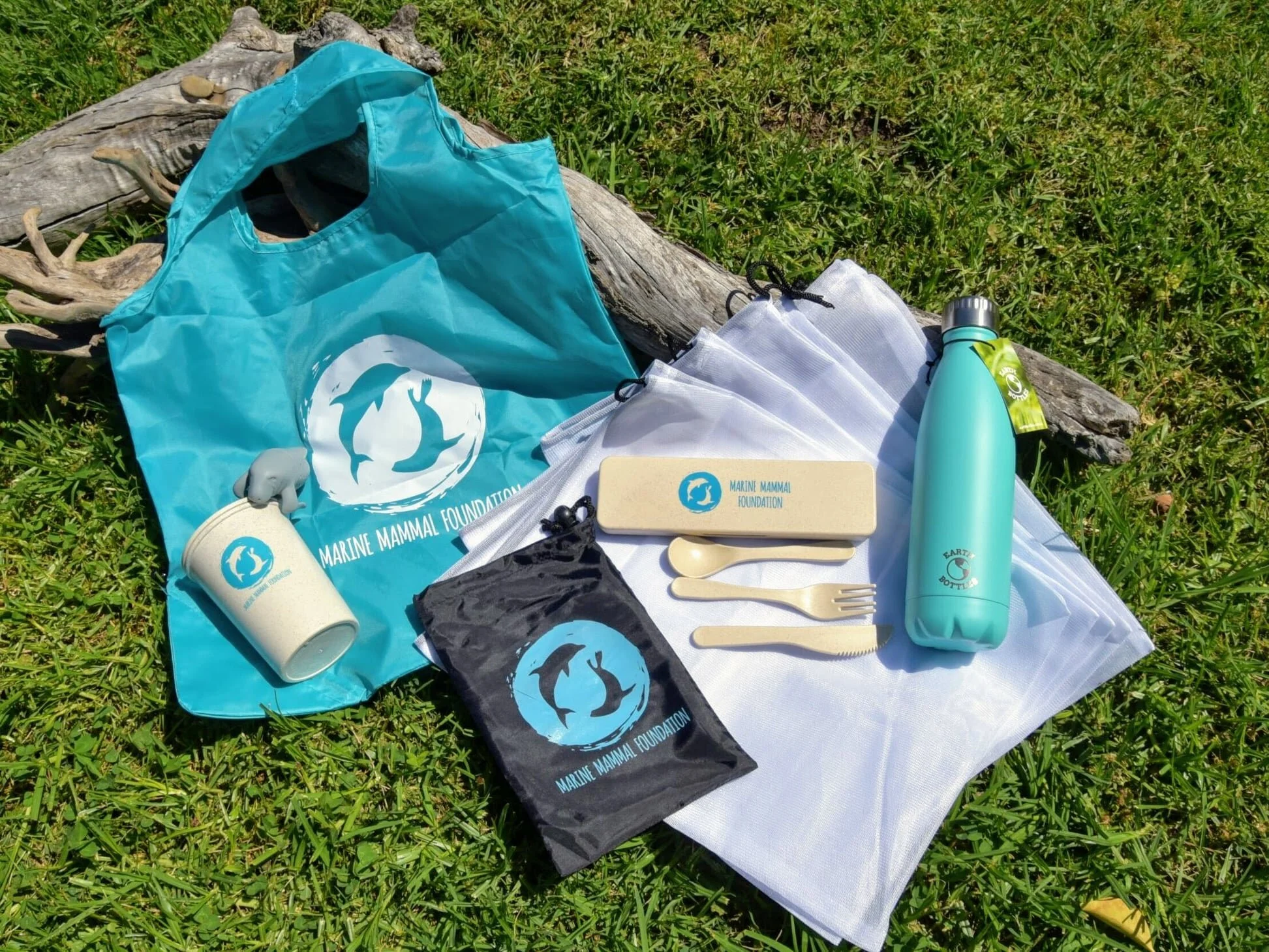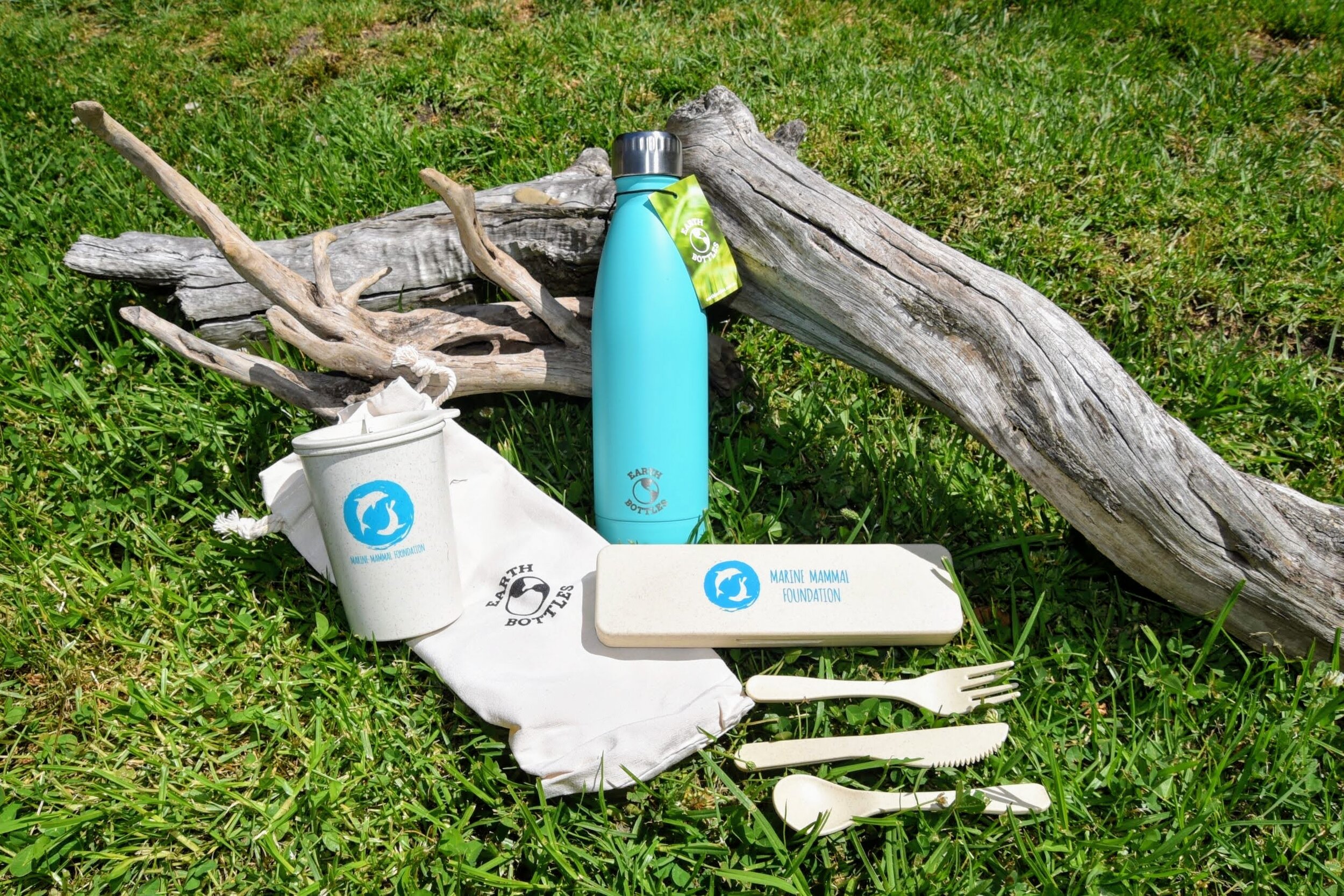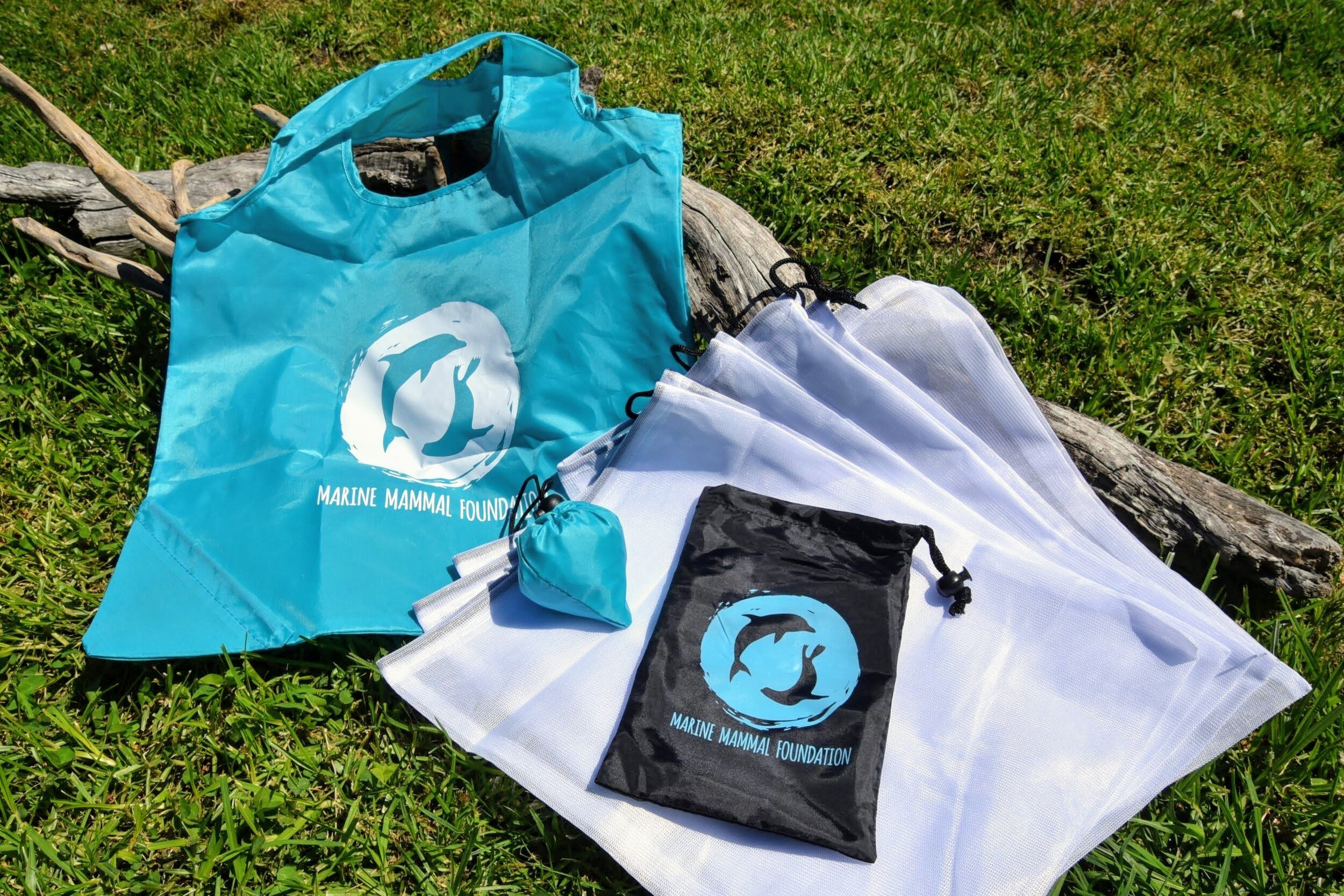Beyond Plastic Free July
Written by Annika Withers, MMF Volunteer
As we approach the end of July 2021, let’s reflect on the significance of the Plastic Free July campaign, and what it means for the other 11 months of the year.
Plastic Free July is a globally active key initiative of the Plastic Free Foundation. It found its humble beginnings in Western Australia and is now one of the most influential environment and sustainability campaigns around the world.
Plastic Free July challenges the community to commit to reducing single-use plastic consumption for the month of July. For lots of people, starting a plastic free journey can be daunting and overwhelming. Whether it’s at home, work, or school, the campaign encourages its participants to start small by eliminating one type of single-use plastic and avoiding it for the whole month. Think plastic shopping bags, takeaway coffee cups, packaged vegetables, plastic water bottles, and more.
The aim is to create sustainable habits that hopefully extend beyond the month of July. This movement is helping millions of people to actively get involved with a solution to plastic pollution and marine debris.
Single-Use Plastics
Let’s talk about single-use plastics. What are they and why are they so harmful? Simply put, single-use plastics are items that are designed to be used once and then thrown away. They are found in almost every setting imaginable; our homes, restaurants, retail outlets, schools, workplaces, and even our natural environments. For this reason, it can be very difficult to avoid them.
These plastics do not biodegrade, but instead break apart, and can remain in the environment for long periods of time. Debate among scientists around just how long different types of plastic will last in our environment either as in-tact items, such as plastic drink bottles, or as small plastic fragments, commonly referred to as microplastics, is ongoing.
Plastic in the environment, particularly the marine environment, poses direct and indirect threats to the species living in polluted ecosystems. Plastic can directly impact animals that ingest litter, mistaking it for prey, or those that become entangled in discarded plastic materials, especially marine mammal species. What’s more, chemicals that leach from marine litter into the surrounding water can pose an indirect threat to the health and wellbeing of these species.
But there is good news!
Wildlife Wins
WA has fast-tracked its plan to phase out various single-use plastics. By the end of the year several disposable products are set to be prohibited. This ban includes plastic bags, takeaway coffee cups, plastic straws, and many more, with more items scheduled to follow in 2022.
In other news, EPA Victoria has announced that as of July 1, 2021, releasing balloons into the environment is classified as an act of littering and is now illegal in Victoria. This news follows a strong campaign lead by Zoos Victoria with the support of the wider community. Consequences include fines ($991 for a single person) and even court hearings. The ban is also set to be implemented in WA by the end of the year.
The Months That Follow…
It’s important to remember that Plastic Free July is designed to demonstrate just how simple cutting single-use plastics from our lives can be in the long term. While the month-long campaign is an engaging way to shine a light on the impacts of plastics, and the prevalence of the material in our homes and daily lives, real environmental change will only come if the practices adopted during the experiment are carried beyond July 31st.
It’s for this reason that the campaign suggests that you undertake a small change each year. Quitting plastic cold turkey would be an overwhelming and near impossible feat. Setting realistic goals and achievable changes is key to ongoing plastic-free success. Every small change can make a big difference if it is repeated.
As the plastic-free movement gains more and more momentum, greater ranges of products for replacing single-use items are becoming more widely available.You can find MMF’s own range of sustainable alternatives at our online shop. All profits from our merchandise sales contribute directly to achieving our conservation mission.





